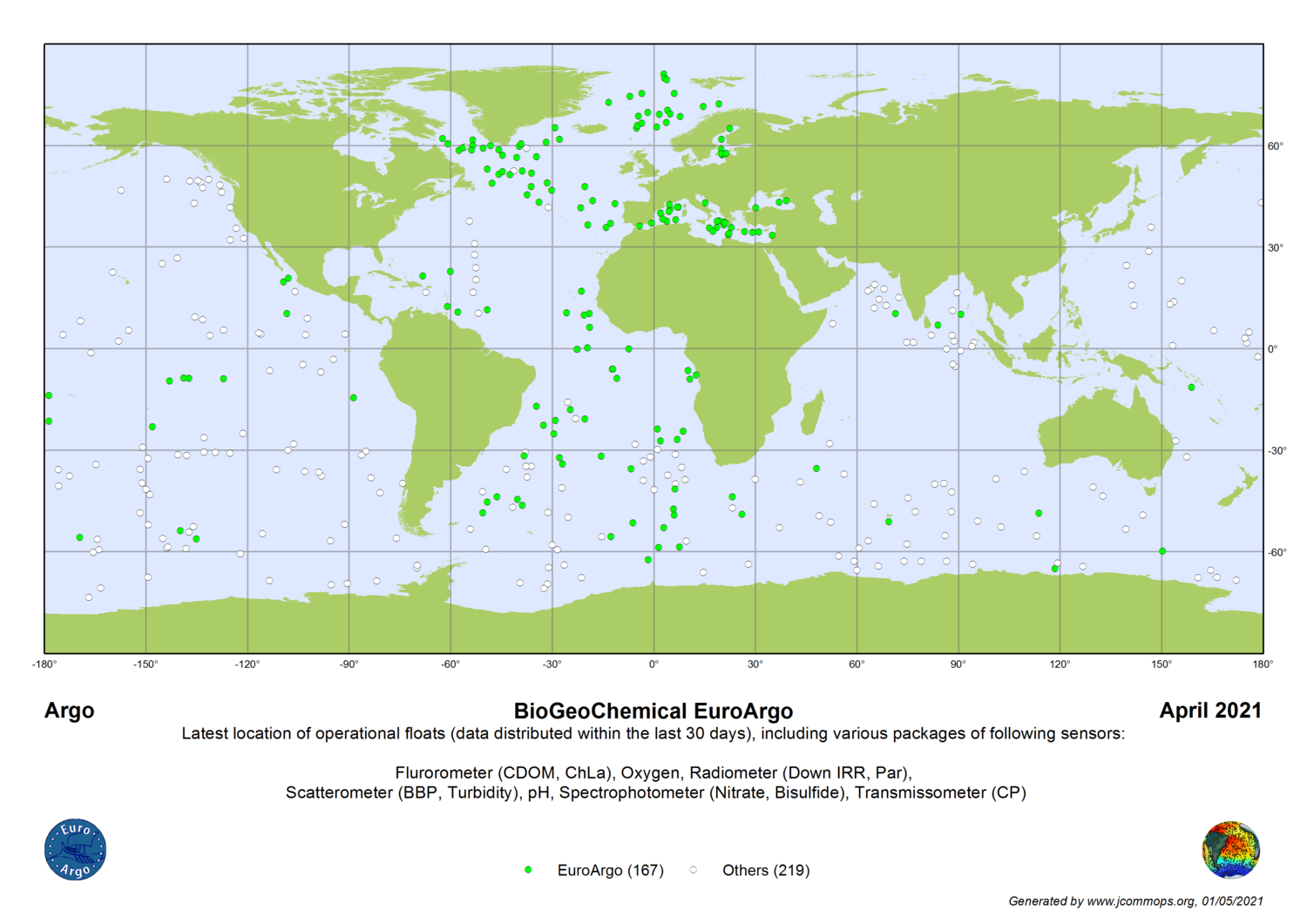The first session of the workshop “Global Biogeochemical Argo Fleet: Knowledge to Action‘ took place on 4 May. This marked the beginning of a month-long series of workshops showcasing the latest scientific advances and the range of applications possible from a global data-stream of the Biogeochemical-Argo array (BGC-Argo), the extension of the Argo programme to include biogeochemical observations. This introductory session outlined the history, operation, and future of the Argo programme and the possibilities for observation of ocean health and ecosystem processes by BGC-Argo floats.
Maria Hood, EU coordinator of the G7 FSOI Coordination Centre, supported by EU4OceanObs, highlighted the G7 FSOI priorities for augmenting the in situ observing system, particularly for biological and ecosystem variables. She also introduced the G7 FSOI national focal points who addressed the conference, outlining their plans, commitments, and expectations for the array for the coming decade. Support for the Global BGC-Argo array has been a joint priority for coordinated investment among the G7 members since 2017 and falls under the G7FSOI action area to support the development of a global initiative for an enhanced, global, sustained sea and ocean observing system.

The global Argo array has been maintained over the last 15 years thanks to multinational commitment and technology innovation, with contributions from over 30 countries as of April 2021, facilitating the deployment of almost 4000 operational floats. This figure includes 387 Argo floats equipped with biogeochemical sensors, making up the BGC-Argo array.
The second session of the workshop on 11 May demonstrated how BGC-Argo data are essential for improving fisheries resource management and decision-making, including biogeochemical and ecosystem monitoring essential for marine species management, forecasting fish habitats, and living marine resources management decisions.
The next workshop sessions will focus on carbon budget verification (May 18), and biogeochemical modelling, data assimilation and forecasting (May 25). The conference will wrap up on 1 June with high-level perspectives and a panel discussion from representatives of government agencies and ministries across the G7. For more information, to register for upcoming sessions and to access recordings of this first session, click here.
European support for Argo and BGC-Argo
The International Argo programme is a key observing system and a result of international cooperation on ocean research. It is intensively used by European marine data sharing infrastructures and modelling and forecasting services such as the Copernicus Marine Service and EMODnet in support of downstream services development and the Blue economy (fisheries, natural resources and energy, transport, etc.). Euro-Argo is the collective contribution of European countries to the international Argo network, sustaining about 25% of the autonomous Argo floats in support of free and open data provision for climate research and operational oceanography. The BGC-Euro Argo array consists of 167 floats, just over 40% of the global BGC-Argo array.

The European Action Coordinator of the G7 FSOI, supported by EU4OceanObs, will work with the G7 members to foster agreements to complete and sustain the Argo array, and send a coordinated message at a political level on funding needs for a global sustained BGC-Argo array (as well as Core and Deep Argo). Through the GEO Blue Planet’s working groups, particularly on fisheries, EU4OceanObs will support the uptake of global data stream from the BGC-Argo array for the development of sustainable marine applications and best practices.
For more information:
- BGC Array workshop website (to register and access recordings and presentations): https://www.go-bgc.org/outreach/workshops/the-global-biogeochemical-argo-fleet-knowledge-to-action-workshop
- G7 FSOI scoping activity “Support for BGC Argo fleet”: https://www.g7fsoi.org/activities/support-for-biochemical-argo/





